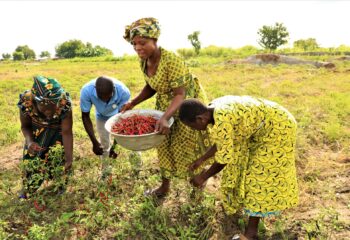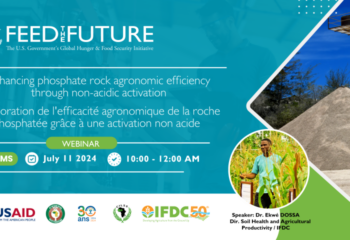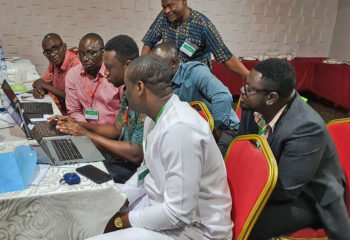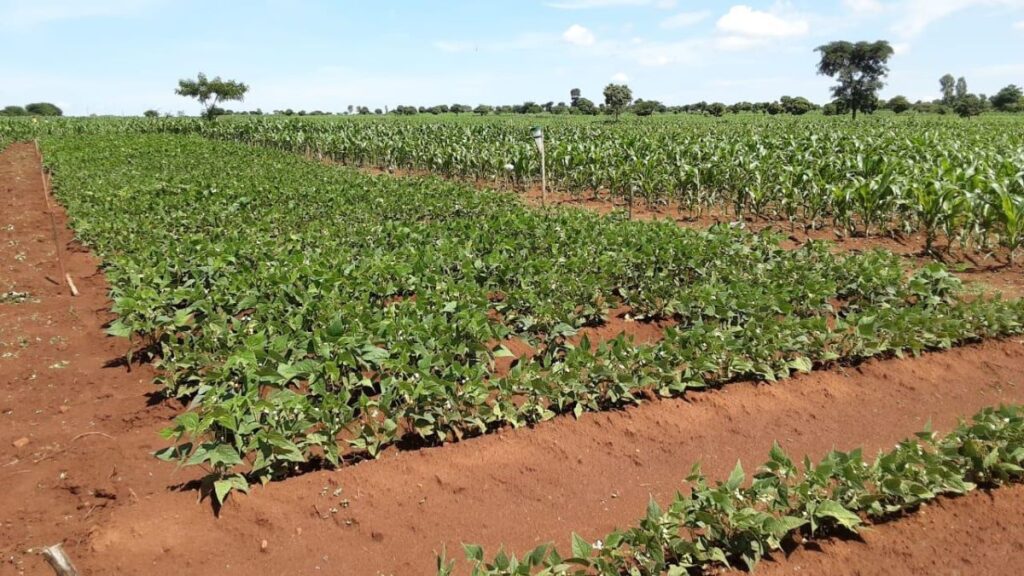
The SOILS-Space to Place (SOILS-S2P) initiative, funded by the USAID Bureau for Resilience, Environment, and Food Security (REFS) and implemented by IFDC and its agricultural research partners, aims to improve the livelihood of smallholder farmers across sub-Saharan African countries by improving farmers’ access to fertilizer and increasing nutrient use efficiency.
SOILS-S2P is building the capacity of national partners to independently prepare balanced and efficient fertilizer blends and test them by conducting fertilizer trials across different agroecological zones and with different crops. This process will help the National Agricultural Research System (NARS) to expand and scale the testing and development of site-specific fertilizer blends to further improve fertilizer use efficiency for localized agroecological zones.
To facilitate this, SOILS-S2P has developed a series of training materials that will be made publicly available to guide the partners, field technicians, and NARS staff on fertilizer blending and conducting field trials. These materials include protocols, user manuals, and training videos translated into local languages.
SOILS-S2P is pioneering the development of customized fertilizer blends tailored to specific agroecological locations and crops to optimize fertilizer efficiency, resulting in improved returns on farmers’ investments.
These custom blends address the problems of low soil productivity and poor crop production that smallholder farmers in sub-Saharan Africa regularly face.
While these challenges are largely attributed to the use of ineffective fertilizer blends and inefficient soil management practices, recent disruptions in the global supply chain due to the COVID-19 pandemic and international conflicts have caused the price of fertilizer to rise, minimizing smallholder farmers’ access to fertilizer in general and further diminishing the income potential for an already disadvantaged demographic.
To solve these challenges, SOILS-S2P is collaborating with the International Soil Reference and Information Centre (ISRIC) and a host of national agricultural research institutions across several African countries to conduct these field trials on fertilizer blends, as well as researching farmer practices and influences on their decision making.
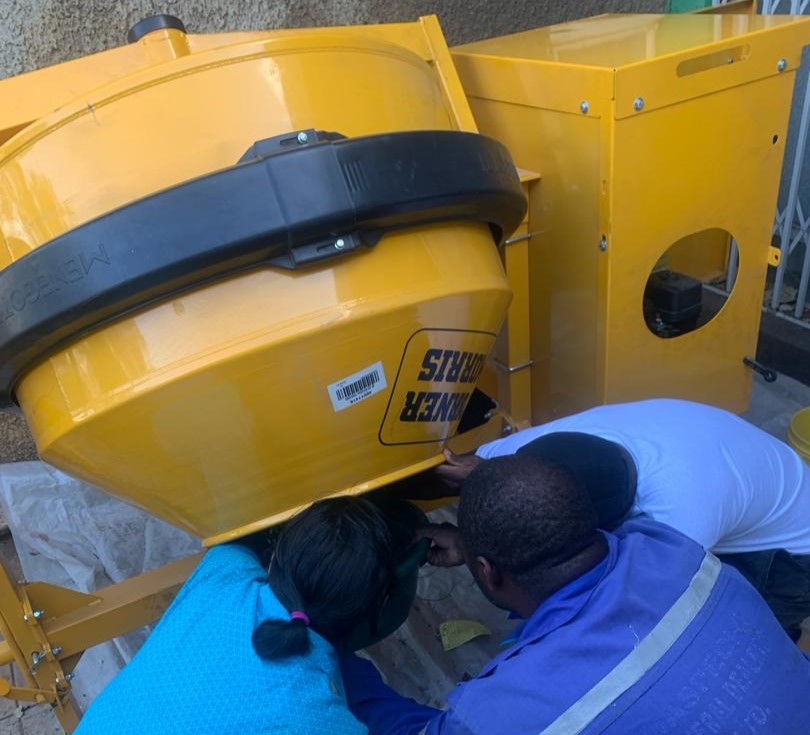
Currently, the initiative is overseeing a series of field experiments in Kenya, Madagascar, Malawi, Mozambique, Tanzania, Uganda, and Zambia. SOILS-S2P manages these experiments in partnership with NARS on the following:
- Boost yields per hectare to empower farmers to reap the rewards of increased production.
- Increase fertilizer use efficiency to reduce waste and environmental impact through precise nutrient delivery.
- Promote sustainable resource use to conserve precious resources for future generations.
- Optimize economic returns to maximize profits by tailoring nutrient application to specific field needs.
The partnership involves joint field activities and exercises that ensure consistency and quality in data collected from the trials and all research activities. In the trials, SOILS-S2P evaluated soil properties from locations in respective countries and designed experiments based on a variety of fertilizer blends to be tested for optimum performance in farmers’ fields.
The SOILS-S2P team in Mozambique published the first video in the capacity-building series in 2022 for training on safely selecting and mixing fertilizer blends and micronutrients, packaging them, shipping them, and applying them in trials. Efforts are underway to produce similar materials for Zambia, Malawi, and Uganda.
Building the capacity of NARS and national partners in fertilizer blend mixing and field trial management will ensure the sustainability of these exercises and improve farmers’ yields, productivity, and income beyond the tenure of the project.
The SOILS-S2P initiative is funded by the USAID Bureau for Resilience, Environment, and Food Security (REFS) to develop and deploy pan-African space-to-place decision support tools that sustainably improve soil fertility, with a medium- and long-term focus on enhancing nutrient uptake and use efficiency through hyper-localized soil fertility and soil health recommendations.

